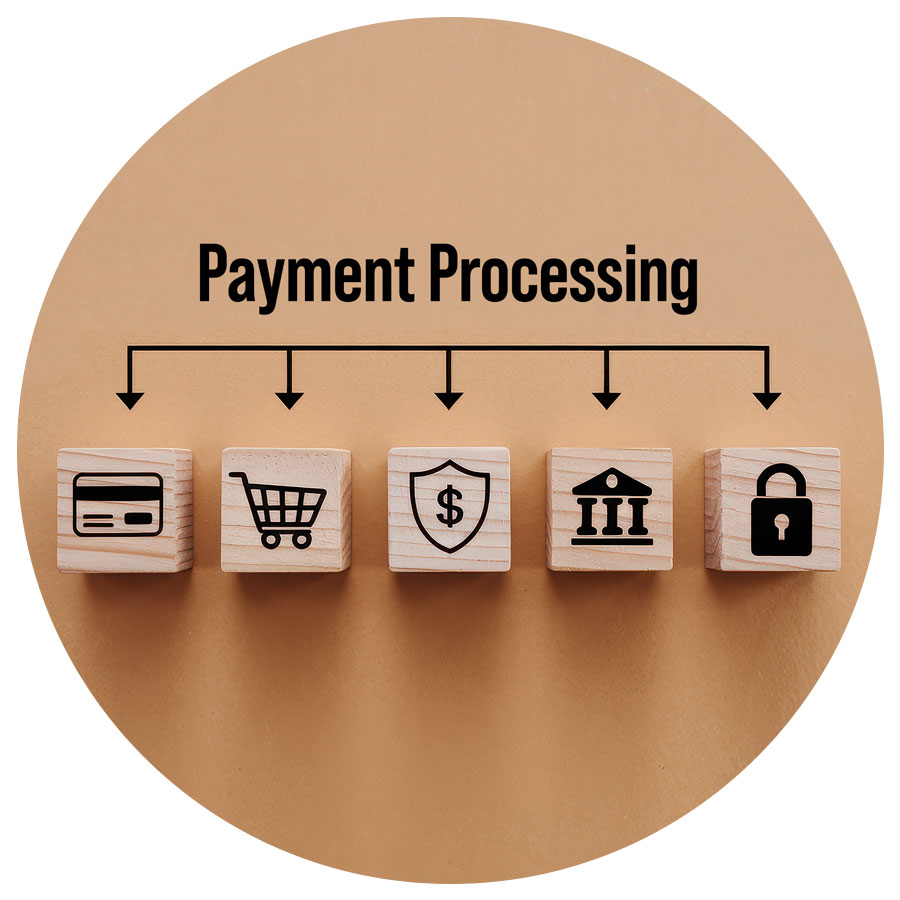Who’s Who in Payments: A Beginner’s Guide to Players and Processes
In this guide, we’ll break down the key players in the payments ecosystem, explain how transactions flow from start to finish, and share insights that can help your business avoid surprises, negotiate better terms, and maximize your payment setup.

Why Understanding Payments Matters
Every payment processed involves fees, risk assessments, and data transfers. By understanding who does what, you can make smarter decisions, such as selecting the right payment partners, minimizing declined transactions, and managing costs effectively. Whether you’re a small business owner or a large-scale retailer, this knowledge is critical for optimizing your operations.
The Key Players in Payment Processing
Before diving into the transaction flow, let’s identify the main players and their roles:
1. Cardholder
The customer making a purchase with a credit or debit card.
2. Merchant
The business accepting the cardholder’s payment in exchange for goods or services.
3. Payment Processor
This entity manages the technical infrastructure to process transactions. It moves data securely between the cardholder, merchant, banks, and card networks. Processors charge a Merchant Discount Rate (MDR), typically a percentage of the transaction amount plus a per-transaction fee.
4. Acquiring Bank
This is the merchant’s bank, responsible for providing a merchant account, facilitating fund transfers, and assessing the merchant’s risk during underwriting. The acquiring bank works with the processor to deposit funds into the merchant’s account after deducting applicable fees.
5. Issuing Bank
The cardholder’s bank, responsible for approving or declining transactions. Issuing banks charge interchange fees for taking on transaction risk.
6. Card Networks (e.g., Visa, Mastercard)
These networks act as intermediaries, routing transaction data between the acquiring and issuing banks. They charge assessment fees for maintaining this infrastructure.
7. Independent Sales Organizations (ISOs)
ISOs connect merchants with acquiring banks and processors. They help negotiate better terms and offer tailored payment solutions. Some ISOs, like PayDiverse, act as merchant service brokers to simplify the setup and management of payment accounts.
How Transactions Flow
Let’s walk through the payment journey step by step:

1. Cardholder Initiates Payment
The customer enters their card details online or swipes their card in-store.
2. Payment Processor Sends Data
The processor securely transmits payment data to the card network.
3. Card Network Routes Data
The network forwards the transaction details to the issuing bank for approval.
4. Issuing Bank Approves/Declines
The issuing bank evaluates the cardholder’s credit or available funds and approves or declines the transaction.
5. Funds Flow to Acquiring Bank
If approved, the issuing bank sends funds to the acquiring bank.
6. Merchant Receives Funds
The acquiring bank deposits the remaining balance into the merchant’s account after deducting fees.
Who Takes What Fees?
Every player in the process takes a cut:
- Payment Processor: Charges a Merchant Discount Rate (MDR) and per-transaction fees.
- Card Network: Collects assessment fees for transaction routing.
- Issuing Bank: Takes interchange fees for approving transactions and assuming risk.
- Acquiring Bank: Collects all fees and deposits the net amount into the merchant’s account.
How a Retail ISO Can Help Your Business
Retail ISOs, like PayDiverse, act as intermediaries between merchants and acquiring banks or processors. Here’s how they make a difference:
- Finding the Best Solutions: Leverage relationships to match merchants with optimal payment solutions tailored to their needs.
- Negotiating Better Terms: Secure lower fees, flexible reserves, and enhanced support.
- Streamlining Underwriting: Expedite approvals by managing multiple applications and anticipating bank requirements.
- Ongoing Support: Provide continued assistance with funding issues, chargebacks, and account holds.
Key Takeaways
Understanding the roles of acquiring banks, payment processors, ISOs, and other players can transform how you approach payment processing. By knowing the fees and processes involved, you can:
- Avoid unexpected costs.
- Reduce transaction declines.
- Optimize your payment setup to save money and boost efficiency.
Ready to take control of your payment system? Partner with experts who can simplify the process and help you succeed.
Diverse Payment Processing is Smart Processing
Fill out our free and quick merchant account application and let us match you with many banks that want your business.